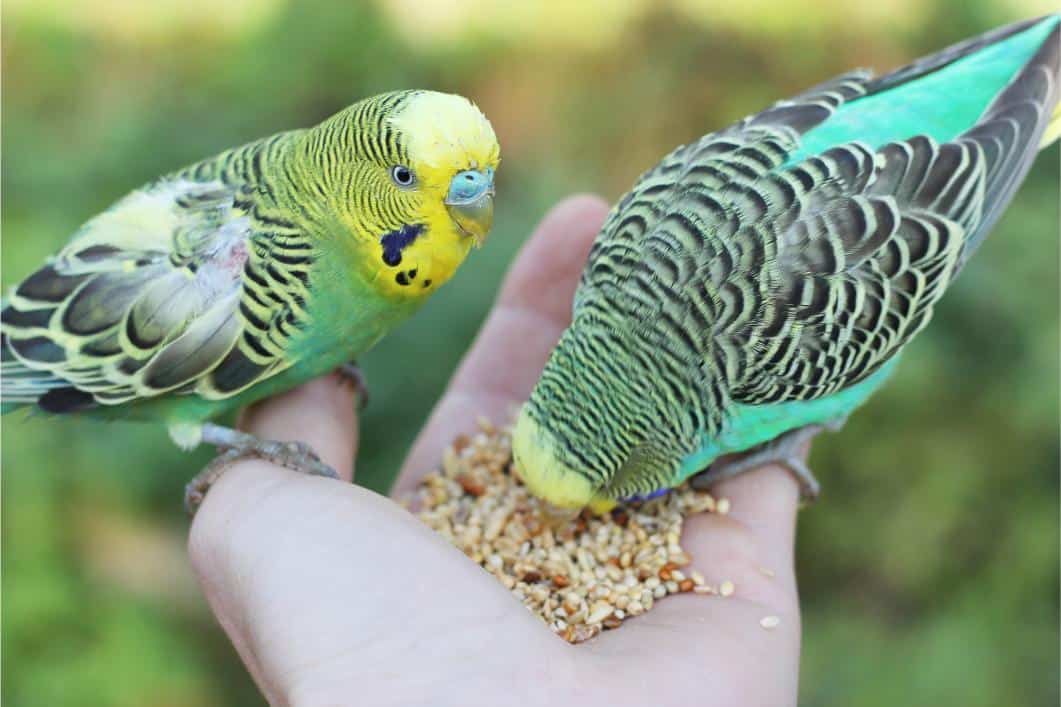What Should Exotic Pet Owners Know About End-of-Summer Diet Adjustments? 5 Seasonal Tips

As the long summer days begin to fade and we gear up for fall, it’s not just humans who feel the seasonal shift—our exotic pets do, too. Whether you’re caring for a sun-loving iguana, a parrot who thinks it’s still on island time, or a sugar glider who treats fruit like gold, adjusting their diet with the season can come closer to replicating what they would experience in the wild. At South Texas Avian & Exotic Hospital, we love providing tailored care, including nutritional consultations, for your exotic pets.
So, what should exotic pet owners know about end-of-summer diet adjustments? Here are five fun and helpful hints to guide you and your pet through the seasonal transition.
1. Reptile Diet Changes: Less Sun, Less Salad?
Reptiles are the original sun-seekers, and with fewer hours of natural sunlight, their metabolism and appetite may decrease. Monitor your scaly friend closely and make reptile diet changes accordingly. Offer calcium-rich veggies like collard greens and dandelion leaves, and reduce fruits if your pet is less active. Exotic pet nutrition for reptiles should always take UV exposure into account.
2. Seasonal Food for Birds: A Tropical Twist
Many exotic birds—think parrots, macaws, and cockatiels—love seasonal fruits. Late summer is prime time for berries, peaches, and melons. But as the season changes, gradually introduce fall fruits like apples and pears (just be sure to remove seeds). Offering seasonal food for birds keeps their diet nutritious and appealing.
3. Feeding Small Mammals in Summer: Taper With Care
Small mammals like ferrets, hedgehogs, and chinchillas often have hearty summer appetites. But as the weather cools, their dietary needs may decrease—especially if they become less active. Keep an eye on weight gain and adjust treats accordingly. If your hedgehog has been living the buffet life, it might be time to cut back on fatty insects or sugary fruits. Think: more leafy greens, fewer mealworms.
4. Hydration Is Still Key
Summer might be winding down, but hydration remains just as important. Many exotic pets get a large portion of their hydration from fresh produce. As you scale back juicy summer fruits, make sure your pet still has access to clean water or moisture-rich alternatives.
5. Routine With a Dash of Variety
While consistency is key in exotic pet nutrition, seasonal variety helps mimic natural foraging patterns. Rotate in new ingredients that are safe and in season, and phase out summer-specific items gradually. This keeps meals exciting and biologically appropriate.
Contact Us for More Exotic Pet Nutrition Tips
With a few thoughtful tweaks to your exotic pet’s diet, you’ll keep your feathered, scaly, or furry companion thriving all the way into fall. Contact us for more nutritional tips or to schedule an exam for your exotic pet.
